The park implementation will take several years. City, State, and Federal elected officials, Community Boards, City agencies, the Queens Borough President’s Office, and the Mayor’s Office will consider the findings of the feasibility study and the conceptual vision. The community will be engaged through a continued public input process to ensure the park and design meet local needs.
The challenges of caring for the QueensWay require asking a series of questions, many of which this study has begun to answer, and many of which will take further time to determine. Examples of these questions include: How much will it cost to build? How much will it cost to operate and maintain? Who will pay for building the QueensWay? Who will operate and maintain the QueensWay?
Construction $89 M
Design $10 M
Contingencies & Misc. $23 M
Total $122 M
The cost estimates are based on the costs of construction, design and engineering, miscellaneous requirements such as permitting and contingencies (25%) of the concept designs presented in this website. (See Queensway – Existing Structural Condition Report located at the bottom of this page) These designs address the preparation of the landscape; repairs to existing bridges and the viaduct; the insertion of a new bridge over the LIRR Montauk Branch line (south of the Metropolitan High School complex where there was previously a bridge); construction of plantings, bioswales, paths, buffers, fencing and entry points; and the described structures and elements such as lighting (including utilities), comfort stations, playgrounds, and pavilions.
Relative and Absolute Costs for Popular Parks

Based on the estimates of $122 million, the QueensWay will cost approximately $2.6 million per acre. This estimate compares to $3 million per acre for Hudson River Park, which had to meet the challenges of being a waterfront park, and the High Line, which cost $25 million per acre.
Sources of Funding for Popular Parks

Funding for greenways and linear parks comes from different sources. In the case of the Bloomingdale Trail (The 606) in Chicago, the funding has come predominantly from federal transportation grants or private fundraising spearheaded by the Trust for Public Land. For the construction of New York City’s Hudson River Park, much of the funding came from City and State sources.
Annual Maintenance Costs
Assessing the costs of maintenance and operations of a park varies greatly by the type of park. The most relevant comparisons for the QueensWay would be multi-use regional parks and urban linear parks, many of which are on hard-to-maintain waterfronts. Our preliminary estimate for total maintenance and operations, based on assumptions about necessary staffing levels for cleaning, landscape maintenance, security, public programs, etc. is $4 million.
It is anticipated that the general maintenance and operations will be carried out by City of NY Parks & Recreation, whereas other responsibilities will be supported and/or carried out by a nonprofit conservancy. Both The Trust for Public Land and Friends of The QueensWay expect to be involved in the formation of the conservancy.
Park Maintenance Responsibilities
Routine M&O
Capital Maintenance
Security
Community Building & Programming
Events
Concession Management
Potential M&O Funding Sources
There are four sources of potential funding for the maintenance and operations of the QueensWay. Beyond public funding, additional sources include earned income through park concessions, private philanthropic donations, and value capture of projected increased property tax revenues in the area deriving from anticipated increased property values created by the QueensWay.